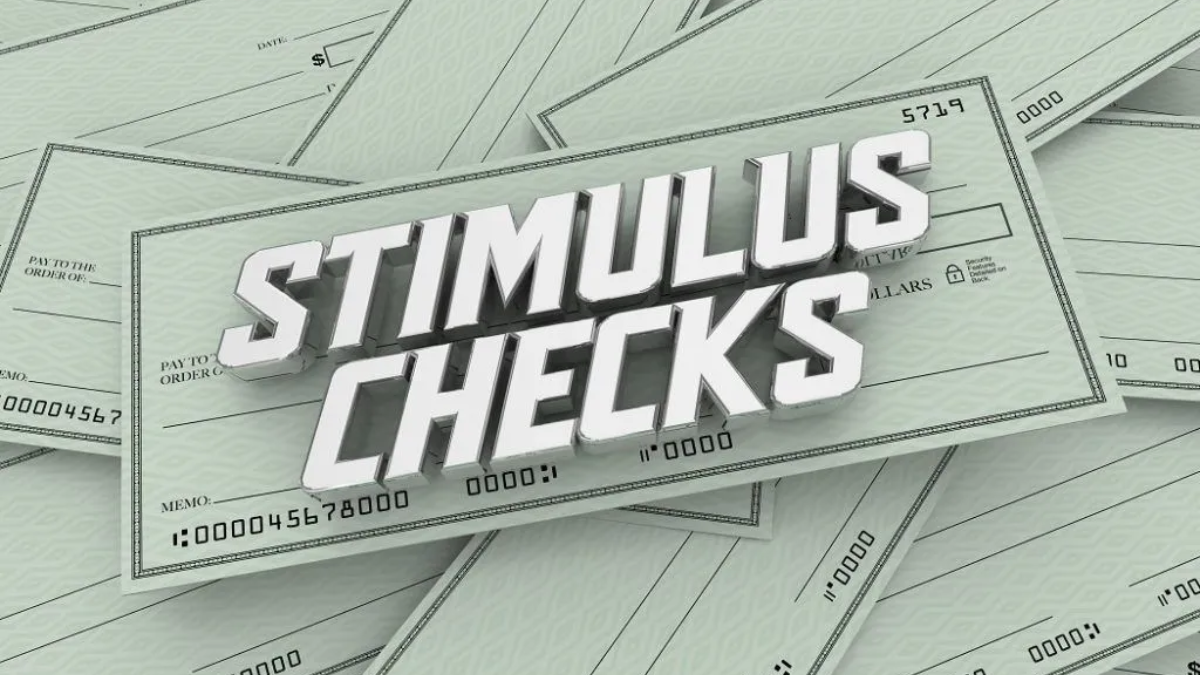As the government considers additional stimulus checks to combat the effects of economic downturns, it’s important to evaluate the potential long-term consequences. While these checks provide immediate relief, they could have unintended negative effects on the broader economy. Here are six ways that additional stimulus checks might hurt the economy.
1. Increased Inflation Risk
One of the most immediate concerns with issuing more government stimulus checks is the potential for inflation. When more money enters the economy, the supply of goods and services remains the same, leading to an increase in demand. If the supply can’t keep up, businesses may raise prices, which can result in inflation. Rising inflation erodes the purchasing power of money, meaning that the value of the stimulus checks themselves may diminish over time.
2. Disincentivizing Work
Stimulus checks can inadvertently discourage people from re-entering the workforce, particularly if the payments are significant enough to cover living expenses. When individuals receive regular payments, some might opt not to seek employment, creating a mismatch in the labor market. A reduced workforce can lead to a decrease in productivity, making it harder for the economy to recover. The longer this situation persists, the more difficult it may become to reestablish a balanced labor force.
3. Government Debt Accumulation
The funds for stimulus checks are often sourced from government borrowing. Over time, increasing government debt can lead to higher interest rates and reduced investor confidence in the country’s financial stability. This can slow economic growth, as businesses and consumers may face higher borrowing costs, which would inhibit investment and consumption. In extreme cases, the burden of excessive debt may lead to a downgrade in the country’s credit rating, further raising borrowing costs and creating a cycle of financial instability.
4. Dependency on Government Aid
Extended government support can create a sense of dependency among recipients. While stimulus checks are designed to provide temporary relief, they can become a permanent fixture in the lives of some individuals. This dependency can reduce the incentive for self-sufficiency and long-term financial planning. Instead of encouraging economic resilience, regular handouts may foster a culture of reliance, undermining the incentive to pursue personal financial growth through work and entrepreneurship.
5. Increased Taxes in the Future
To fund additional stimulus checks, the government must find ways to balance its budget, often through tax increases. While tax hikes are typically seen as a solution to offset rising debt, they can have negative effects on the economy. Higher taxes can reduce disposable income, dampening consumer spending and hindering economic recovery. Businesses may also face higher tax burdens, which could limit their ability to hire new employees or expand their operations.
6. Distortion of Market Signals
Government stimulus checks can distort market signals by artificially inflating demand for goods and services. This can mislead businesses into overestimating the true demand for certain products, leading to misallocation of resources. Companies may produce more of certain goods than the market actually requires, creating inefficiencies in the economy. Over time, these distortions can hurt productivity and create unnecessary surpluses, ultimately hindering economic growth.
In conclusion, while government stimulus checks provide short-term relief, they come with several risks that could harm the economy in the long run. Increased inflation, disincentives for work, rising government debt, dependency on aid, higher taxes, and market distortions are all potential outcomes that policymakers must consider. A more balanced approach to economic recovery—one that fosters both individual responsibility and long-term growth—could offer a more sustainable path forward.
For more detailed coverage on government stimulus and its economic impacts, visit The Balance.
Disclaimer – Our team has carefully fact-checked this article to make sure it’s accurate and free from any misinformation. We’re dedicated to keeping our content honest and reliable for our readers.








